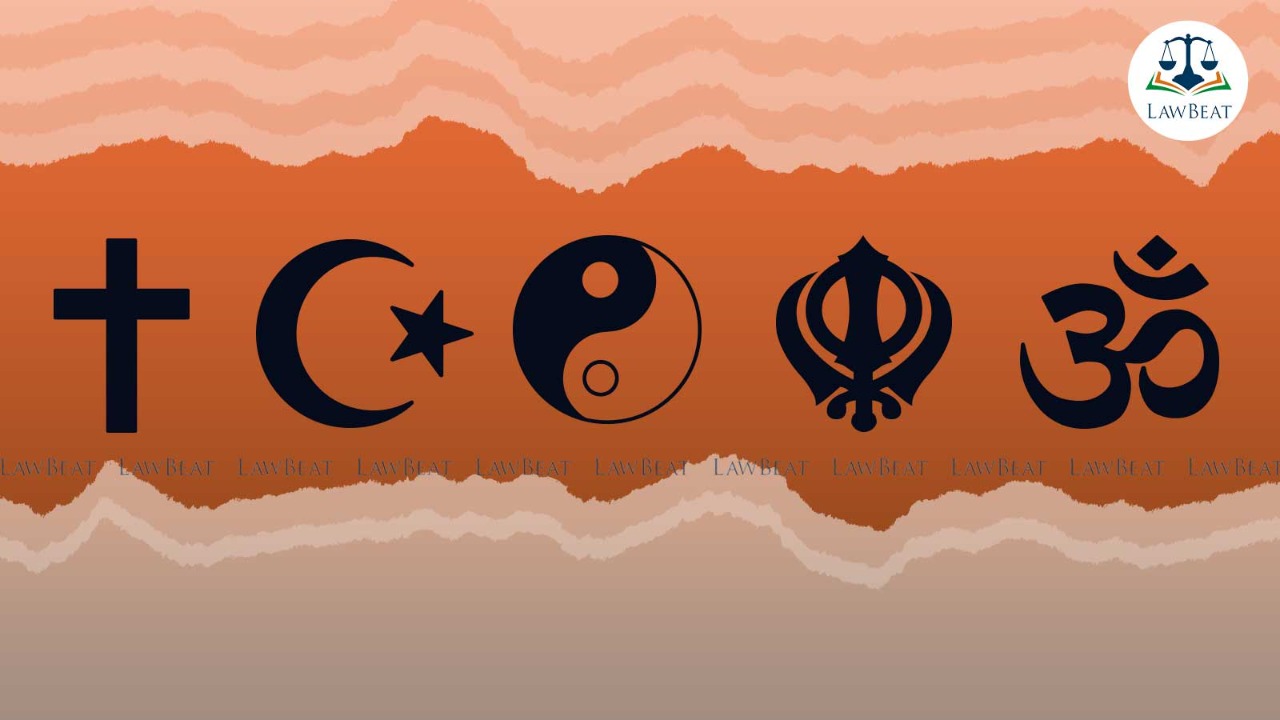Karnataka High Court issues notice on PIL against ordinance prohibiting forced religious conversions

The Karnataka Protection of Right to Freedom of Religion Ordinance, 2022 has been challenged alleging that it demonstrates intolerance towards the religious choices of people.
The Karnataka High Court on Friday issued notice to the state government on a Public Interest Litigation plea, challenging the constitutional validity of the Karnataka Protection of Right to Freedom of Religion Ordinance, 2022 on the ground that it demonstrates intolerance towards the religious choices of people.
A division bench of Acting Chief Justice Alok Aradhe and Justice JM Khazi passed the order on the plea moved by New Delhi-based Evangelical Fellowship of India and All-Karnataka United Christian Forum for Human Rights, the New Indian Express reported.
The petitioner have alleged that the ordinance is an attack on the secular fabric that holds Indian democracy together.
Further, it has been contended that the ordinance is void since it is repugnant to the central legislation - the Indian Evidence Act, 1872 and Special Marriages Act, 1954. Petitioners claim that it empowers the state to suppress personal liberty in violation of Article 25 of the Constitution of India.
As per the plea, mandating a series of complicated procedures before and after the conversion, the ordinance states that the government has to be taken into confidence to “ensure” that the act of conversion is an informed and voluntary decision by the individual.
The right to convert is manifested in Article 25, however, the ordinance impinges upon this right and also on the rights of minorities under Article 30, 19(1)(g) and 19(1)(a), the petitioners have argued.
On May 17, 2022 the Governor of Karnataka promulgated the Karnataka Protection of Right to Freedom of Religion Ordinance, 2022 prohibiting forced religious conversions.
The Ordinance prohibits forced religious conversions through misrepresentation, coercion, allurement, fraud, or the promise of marriage. Any person who converts another person unlawfully will be penalised, and all offences will be cognizable and non-bailable.
In the recent past, Haryana (2022), Madhya Pradesh (2021), and Uttar Pradesh (2021) have passed laws regulating religious conversions.
Case Title: EVANELICAL FELLOWSHIP OF INDIA & ANR v. STATE OF KARNATAKA and ANR
